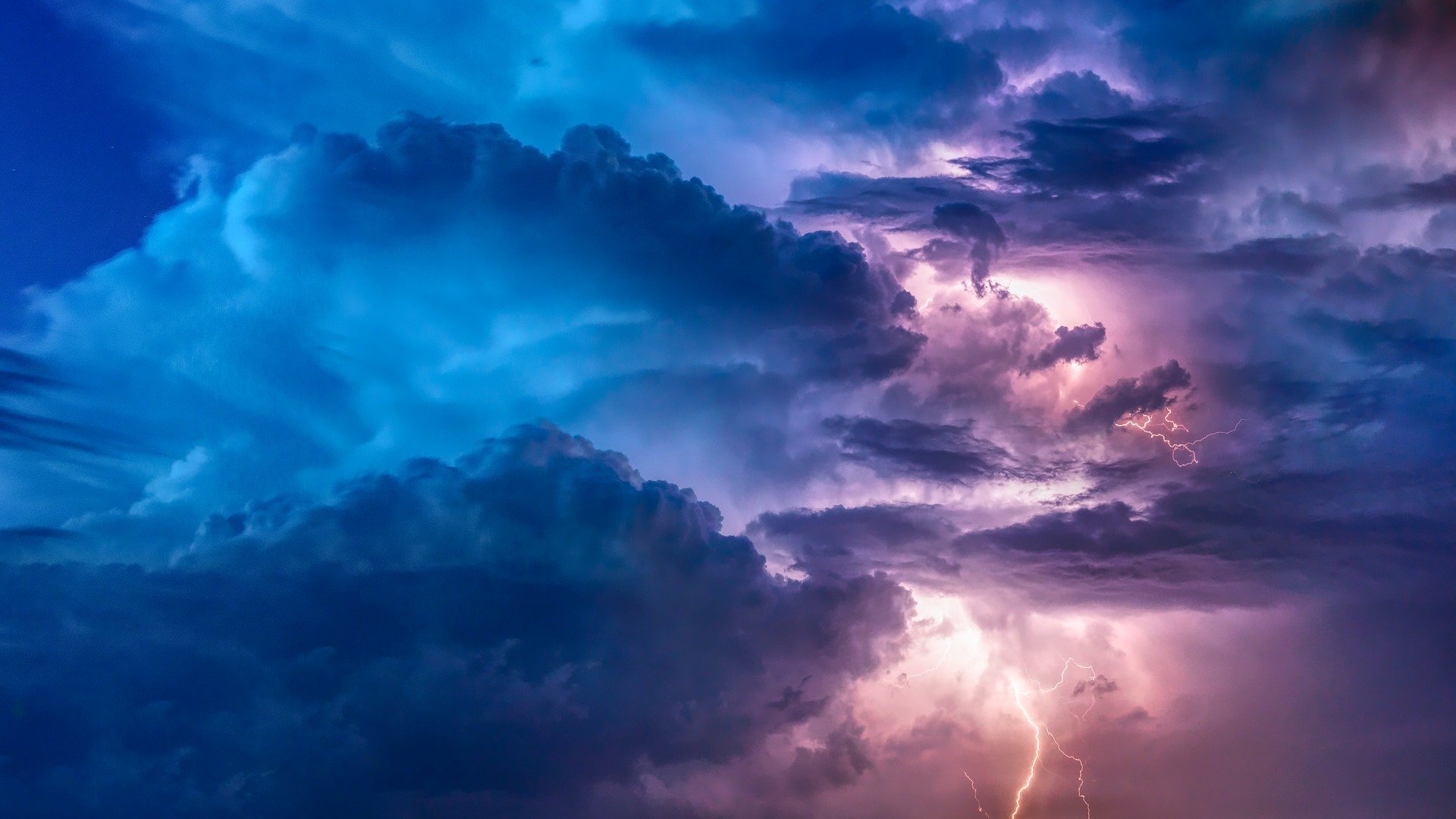On Current Events and the News: When You've Seen One Bad News Story, You've Seen Them All
In this day and age, with the seemingly endless stream of bad news, from disasters and pandemics to political unrest, there is no shortage of stressors about the world and our place in it. Concerns about the role that the news plays in our mental health have existed for several decades, at least since the dawn of 24-hour news services like CNN, and these concerns have been amplified in the age of social media with its constant influx of news and information into our collective consciousness.
For the history of CNN and 24-hour news, see Up All Night: Ted Turner, CNN, and the Birth of 24-Hour News by Lisa Napoli:
Although stoic philosophers such as Seneca and Marcus Aurelius have been reminding for centuries us to pay attention to the things we can control and to forget about the rest, as the stream of news and current events grows and grows it can be hard to distinguish between events that are relevant to our own lives and events over which we have no control, not worthy of the importance we attach to them or the mental or emotional attention we give to them.
Henry David Thoreau had similar concerns even in the mid-1800s with then-modern conveniences like the postal service and the railroad:
For my part, I could easily do without the post-office. I think that there are very few important communications made through it. To speak critically, I never received more than one or two letters in my life—I wrote this some years ago—that were worth the postage. The penny-post is, commonly, an institution through which you seriously offer a man that penny for his thoughts which is so often safely offered in jest. And I am sure that I never read any memorable news in a newspaper. If we read of one man robbed, or murdered, or killed by accident, or one house burned, or one vessel wrecked, or one steamboat blown up, or one cow run over on the Western Railroad, or one mad dog killed, or one lot of grasshoppers in the winter,—we never need read of another. One is enough. If you are acquainted with the principle, what do you care for a myriad instances and applications? To a philosopher all news, as it is called, is gossip, and they who edit and read it are old women over their tea. Yet not a few are greedy after this gossip. (Thoreau, Walden, Where I Lived, and What I Lived For)
Henry David Thoreau thought that even the postal service robbed us of too much of our freedom and liberty to be worth the trouble.
Although Thoreau isn’t usually considered a stoic philosopher, it’s easy to see that Thoreau’s ideas on current events overlap with those of classical stoic philosophers. Consider the following passages from Marcus Aurelius’s Meditations, for example:
Among the events which fill the history of ancient, middle, and present ages; among the things of which our cities and our households are full to-day, nothing is new, all is familiar and fleeting. (Marcus Aurelius, Meditations, Book VII, No. 1)
As for external events, they either happen by chance or by providence; now, no man should quarrel with chance or censure providence. (Marcus Aurelius, Meditations, Book XII, No. 24)
Or consider the following passage from Seneca’s letters:
For just as I know that all things can happen, so I know, too, that they will not happen in every case. I am ready for favourable events in every case, but I am prepared for evil. (Seneca, Letter No. 88)
It’s interesting to view Thoreau and at least some of his ideas through stoic lenses. And stoic wisdom about focusing on the things you can control is just as true and helpful today as it was in ancient times. But in this day and age, with so much wrong in the world socially and politically and environmentally, can the laissez faire approach to current events and the news advocated by Thoreau and by ancient stoic philosophers really be justified? What is the balance between self-care, living in harmony with yourself and with the universe, and doing our part to build a better world for ourselves and for those who come after us?
What would Thoreau or the ancient stoic philosophers have thought of the endless stream of information we now get from there news media and social media?
So much of what we see in the news, either in the professional news media or in social media, is either idle gossip or things outside our control, no matter how significant or how much suffering is occurring on distant shores as a result of the disasters du jour. And yet it seems right to hold on to the distinction between distant events outside our sphere of influence and events within our sphere of influence over which we do have a modicum of control.
Granted, in our increasingly global society, socially, economically, and technologically, our sphere of influence, our ability to reach out and make a genuine difference in the world, is arguably much greater than it was in ancient times, in Thoreau’s time, and even as recently as 30 years ago. Yet, to make a genuine difference, you must also be willing to cut out all of the noise from news media and social media for the sake of focusing your mental energy and your effort on the areas of your life and in your sphere of influence in which you can make the biggest and most positive impact.
Is keeping up on current events and news or social media worth sacrificing your peace of mind and your inner tranquility for?
I’ve been accused of being disinterest in politics and in the many anxiety-causing events going on in the world around us today. And yet, to me, it all seems like so much minutiae, the cause of so much unnecessary angst and anxiety. I don’t want myself to suffer, and I don’t want to see other people suffer needlessly, and I don’t deny that there are genuine problems in the world that need solving. But I prefer to look at it like Marcus Aurelius does: that we should wake up every day and do our own small part to build order within a chaotic universe filled with destruction and decay:
Do you not see the smallest plants, the little sparrows, the ants, the spiders, the bees, all doing their part, and working for order in the Universe, as far as in them lies? And will you refuse the part in this design which is laid on man? Will you not pursue the course which accords with your own nature? (Marcus Aurelius, Meditations, Book V, No. 1)
Are you merely consuming news media and social media coverage of current events, or are you doing your part to help build a better, more orderly world despite the chaos around you and in the news?
Idly keeping your ear to the metaphorical ground listening for up-to-the-minute news updates from far-off lands is a waste of both your time and your talents. If you see a problem in the world that you are able to help solve, get your hands dirty and be part of the solution instead of merely complaining about it, or about every little piece of bad news that appears in your social media feeds. Don’t let the misfortune of others or the inevitability of misfortune in the world deter you from living your own best life today, or from doing your part to build a better, more orderly, more civilized, more humane world for all of us to enjoy together.
No matter how much news coverage or social media you’ve consumed today, if you can’t say in good conscience, “I’ve built something good today,” you haven’t done your part—in your own life, in your community, or for the sake of the world at large. You have squandered your time and a fraction of your own short life for the sake of idle gossip under the guise of being well-informed.
For Further Reading:
Walden; Or, Life in the Woods by Henry David Thoreau
Meditations by Marcus Aurelius
Letters from a Stoic by Seneca
Up All Night: Ted Turner, CNN, and the Birth of 24-Hour News by Lisa Napoli















